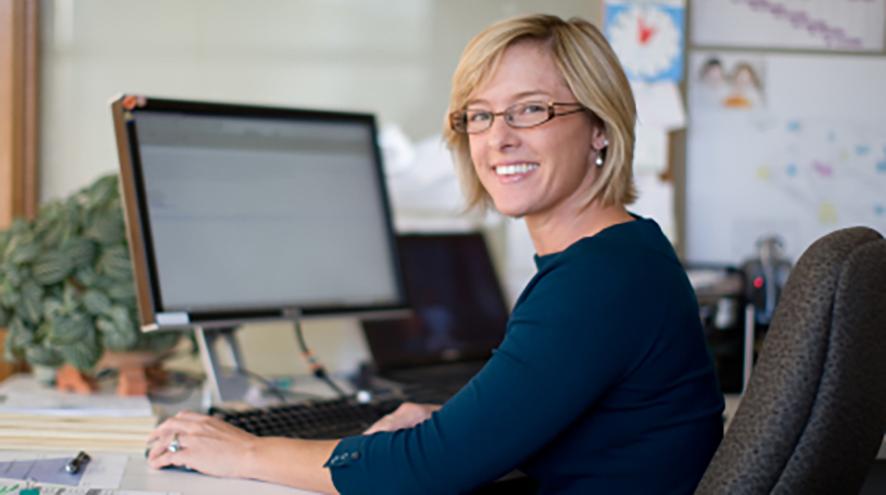Become a support group facilitator
Support group facilitators oversee a safe and nurturing environment where participants can develop meaningful connections, experience a sense of belonging, gain understanding, knowledge and be empowered to live proactively throughout their journey with dementia.

Ready to volunteer?
Support group facilitator
Interested in becoming a Support Group Facilitator?
Purpose
To facilitate and oversee a safe and nurturing support group environment where participants can develop meaningful connections, experience a sense of belonging, gain understanding and knowledge, and be empowered to live proactively throughout their journey with dementia. The Support Group Facilitator will provide information and support consistent with the philosophy and vision of the Alzheimer Society.
Responsibilities
- Oversee and guide support group meetings at a time and place agreed upon by group members and make all other necessary meeting preparations.
- Create and maintain an open, safe and supportive group culture.
- Provide group members with information about dementia and its progression, caregiving, increasing personal resiliency, health system navigation and community resources.
- Refer members who need additional support outside of the support group to the Alzheimer Society via First Link.
- Publicize Support Group meetings.
- Abide by the Oath of Confidentiality and at each meeting, remind members of the Confidentiality Agreement consent.
- Facilitate the development of support networks in the community.
- Participate in ongoing education and training provided by the Alzheimer Society of Newfoundland and Labrador.
- Complete reports, surveys and forms as required by the Society.
- Submit sign in attendance sheet on a monthly basis.
- Discuss potential partnerships with other agencies with the Alzheimer Society before entering into agreements.
Time commitment
Support Groups meet monthly on an ongoing basis. Additional time required organizing and publicizing meetings, completing reports and participation in education and training will vary. A yearly commitment to attend a facilitators training session is expected.
Skills & qualifications
- Experience caring for a person with dementia as a family caregiver, or a professional caregiver or have relevant experience working with this population.
- A basic knowledge and understanding of dementia, and the impact it has on the person and their families.
- Good organizational and communication skills.
- Works independently with minimal supervision.
- Good public relations and speaking skills.
